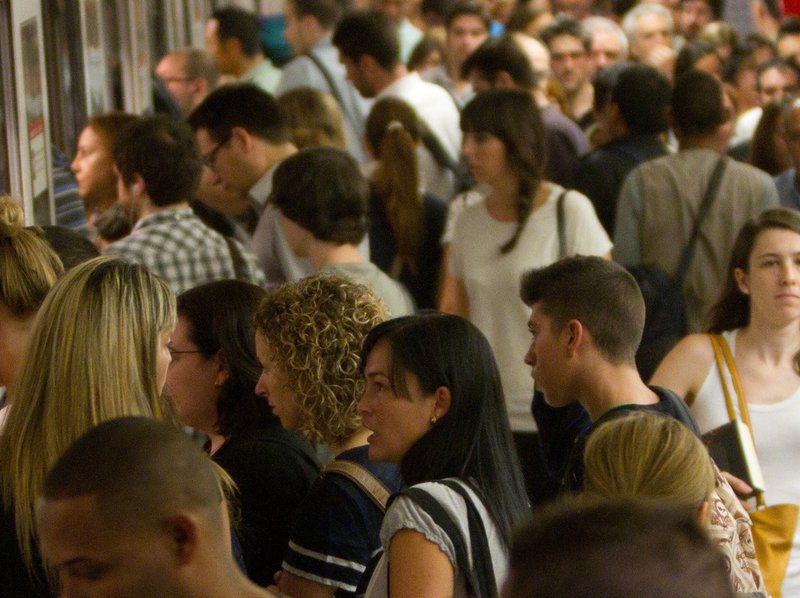The great human paella
Walk around any medium sized town in this part of the world and you will see something different.
Compared to say, Britain or the USA, here on the average wall in public places there is a lot of space that is used for posters that are not commercial advertising.
Apart from the sometimes humorous and succinct graffiti and crammed Citizen Information boards, blank vertical spaces are often utilised to let people know about various events, festivals and not-for-profit performances.
The number and range of groups and organisations that do not follow the “post no bills” credo still surprises (and impresses) me, even after more than a decade of living here. What this suggests is that there is a collective consciousness that goes well beyond clicking the “Join” button on a Facebook group. It shows that there is a genuine interest and involvement with what goes on outside ourselves.
The cult of fear
In stark contrast to this, as Lewis Thomas identified as early as the 1970s, in countries like Australia and the USA, people have instead become obsessed with their health – the private world, not the public one.
He believed there was “something fundamentally unhealthy” about this “loss of confidence in the human body” and saw much of this attitude being created through (apart from the obvious) such seemingly unlikely sources as television medical dramas and those shows where the central human dilemma is illness.
I would say that the “cult of fear”, meaning fear in general, is what keeps alive entire industries. It feeds self-obsession.
This in turn has infected that species of person whose mind is never too far from the state of their own body. They can be heard in San Francisco or Melbourne cafes talking about how their last purely organic meal affected them or how they are desperately craving some holistic yoga therapy. They are not only looking for power over their own physical domains but over fear of ageing and inevitable decay.
As Lewis Thomas pointed out, the “healthy hypochondriacs” should not distract us from more urgent problems. Thirty-five years ago he correctly foresaw that preoccupation with personal health would be a worrying distraction. Just outside the limits of our flesh and bone, he observed that “the whole of society is coming undone.”
On a more optimistic note, it makes me happy to see that others enjoy what I enjoy. The journalist Vicente Molina Foix recently wrote about travelling on the Madrid Metro: I like to see the juxtaposition of various skin colours, and hear the melody of incomprehensible languages, as the train of the future approaches on the rails of life.”
Here is a man at ease with one of the biggest changes to European and Spanish life in the last few decades. He is not afraid of the new. The cult of fear has seemingly bypassed him. Instead, Molina Foix has realised that this continent is becoming one great human paella with a tasty mixture of fresh ingredients.
Those Europeans who make the effort to appreciate the benefits of migrants from across this odd little planet will be doing little more than opening up their senses. The continuing mixing of cultures is one of the great success stories of human history and closing ourselves off from the results of migration is as pointless as trying to ignore the music from a neighbour’s radio drifting into our ears.
Migration will not end. The human animal that adapts best to the changes in its surroundings will continue to be the human animal that thrives.

